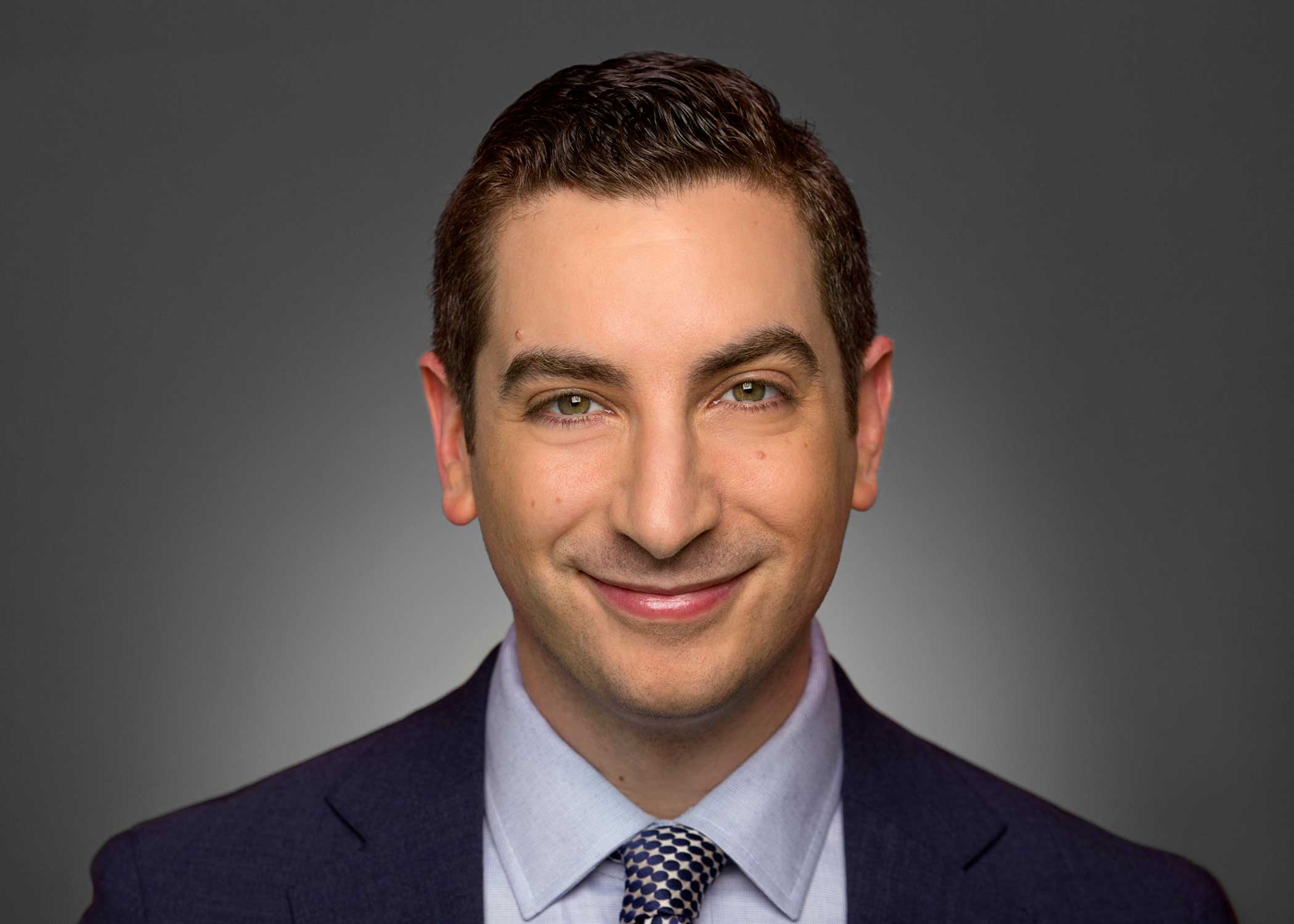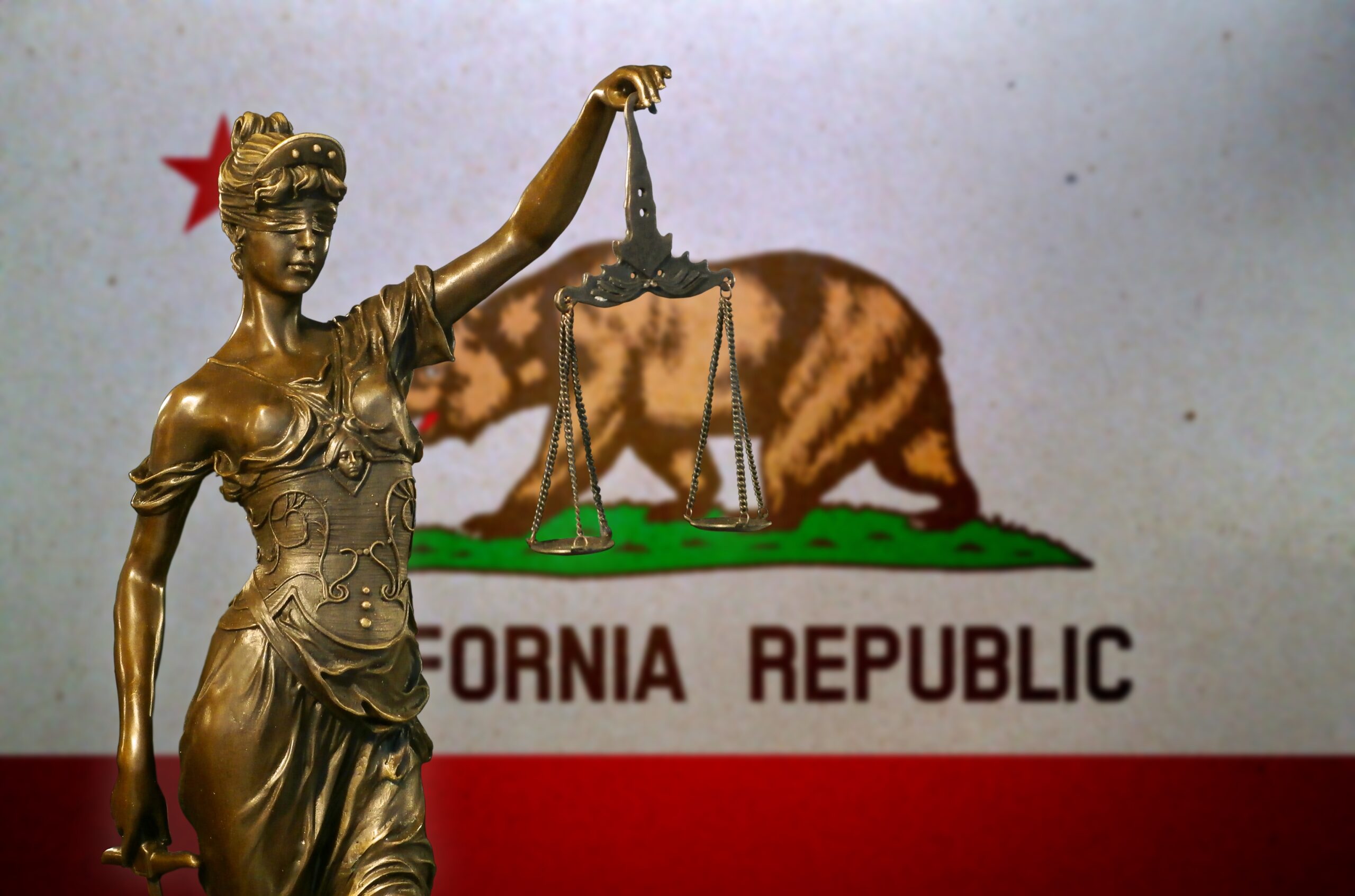California Raises the Bar for Anti-Discrimination Legislation in 2025
By Ethan Krasnoo
California, already known for its progressive and extensive anti-discrimination legislation, has once again raised the bar for workplace protections. Senate Bill 1137, which amends the California Fair Employment and Housing Act, went into effect on January 1, 2025. It is the first legislation in the nation to explicitly define intersectionality and integrate it into its anti-discrimination statutes.
S.B. 1137 defines intersectionality as an analytical framework that “captures the unique, interlocking forms of discrimination and harassment experienced by individuals in the workplace and throughout society.” As a result, it amends existing protections by prohibiting discrimination based on two or more protected characteristics. By codifying intersectionality into anti-discrimination law, California is not only steering employers towards implementing systemic anti-bias training, but also is acknowledging and validating the unique harm faced by victims of intersectional discrimination. With intersectionality now explicitly defined, discrimination attorneys, at least those practicing in California, may find they can advocate for their clients in a more nuanced way, recognizing that biases often stem from multiple aspects of an individual’s identity. As the law states, “the attempt to bisect a person’s identity at the combination of multiple protected characteristics often distorts or ignores the particular nature of their experiences.”
In addition to protecting against intersectional discrimination, California Assembly Bill 2499 also came into effect on January 1, 2025, expanding workplace protections that, amongst other things, restrict discharging, discriminating or retaliating against employees who are victims of violence or are caring for family members who are victims themselves. This amendment extends the scope of the existing Healthy Workplaces, Healthy Families Act, introducing protections for victims of any “qualifying act of violence,” instead of protections previously limited to crimes or abuse. Specifically, the new law defines “qualifying act of violence” as “[a]n act, conduct, or pattern of conduct that includes any of the following:
(i) In which an individual causes bodily injury or death to another individual.
(ii) In which an individual exhibits, draws, brandishes, or uses a firearm, or other dangerous weapon, with respect to another individual.
(iii) In which an individual uses, or makes a reasonably perceived or actual threat to use, force against another individual to cause physical injury or death.”
Furthermore, the law clarifies that employees can use (and cannot be discriminated against for using) sick leave not only for their own needs as victims or otherwise in connection with a qualifying act of violence, but also for those of their family members, including “designated persons,” a broad term that encompasses various relationships an individual may have with a survivor of violence.
These two laws represent significant advancements in anti-discrimination law. By solidifying the concept of intersectionality, California opens the door to cases that may have once been judged solely on surface-level factors, allowing them to be considered from multiple angles. In addition, in California, victims’ experiences and identities will no longer be reduced to a single quality. Moreover, by expanding the scope of allowance for victims of violence to take time off from work for themselves or their loved ones, the law recognizes that violence is not an isolated incident. The law seeks to recognize that for safety, mental health, and survival, people must lean on one another and should not be penalized by their employers for doing so. Time will tell to what extent other states follow California’s lead in solidifying new protections such as these.
 This article is intended as a general discussion of these issues only and is not to be considered legal advice or relied upon. For more information, please contact RPJ Partner Ethan Krasnoo who counsels clients in areas of complex commercial litigation, arbitration, mediation and dispute resolution, and employment, intellectual property, and entertainment and media. Mr. Krasnoo is admitted to practice law in New York, the United States District Courts for the Southern and Eastern Districts of New York, the United States Court of Appeals for the Second Circuit and United States Tax Court.
This article is intended as a general discussion of these issues only and is not to be considered legal advice or relied upon. For more information, please contact RPJ Partner Ethan Krasnoo who counsels clients in areas of complex commercial litigation, arbitration, mediation and dispute resolution, and employment, intellectual property, and entertainment and media. Mr. Krasnoo is admitted to practice law in New York, the United States District Courts for the Southern and Eastern Districts of New York, the United States Court of Appeals for the Second Circuit and United States Tax Court.

